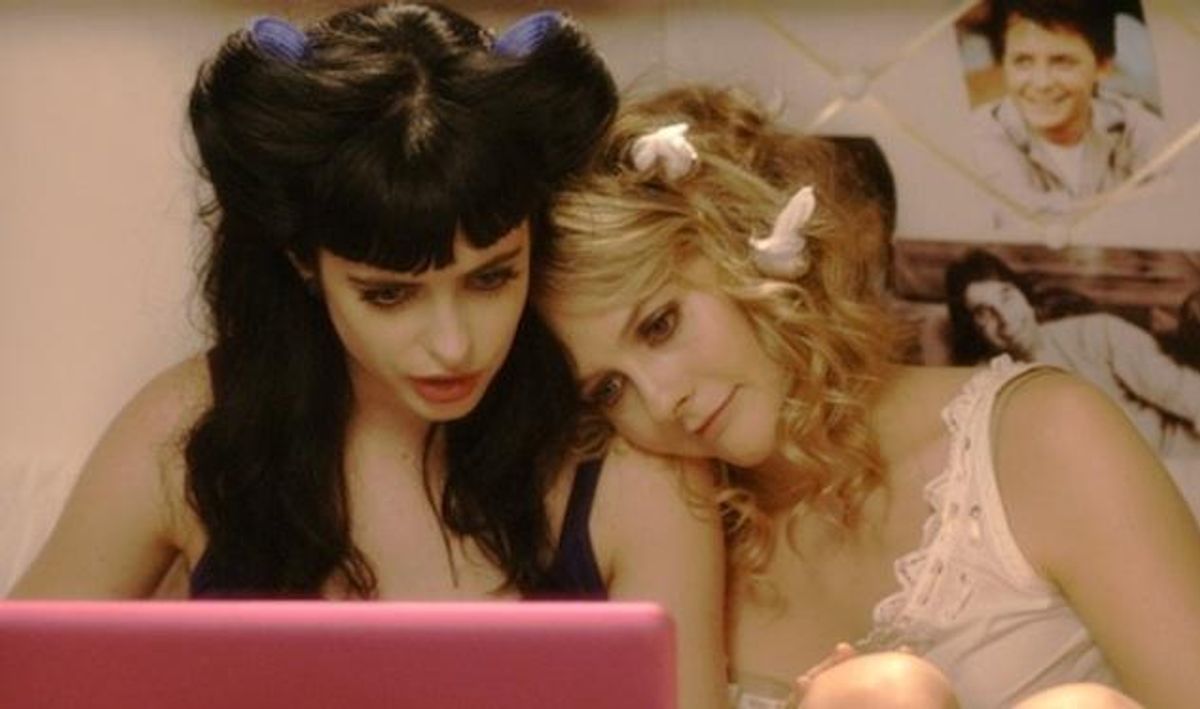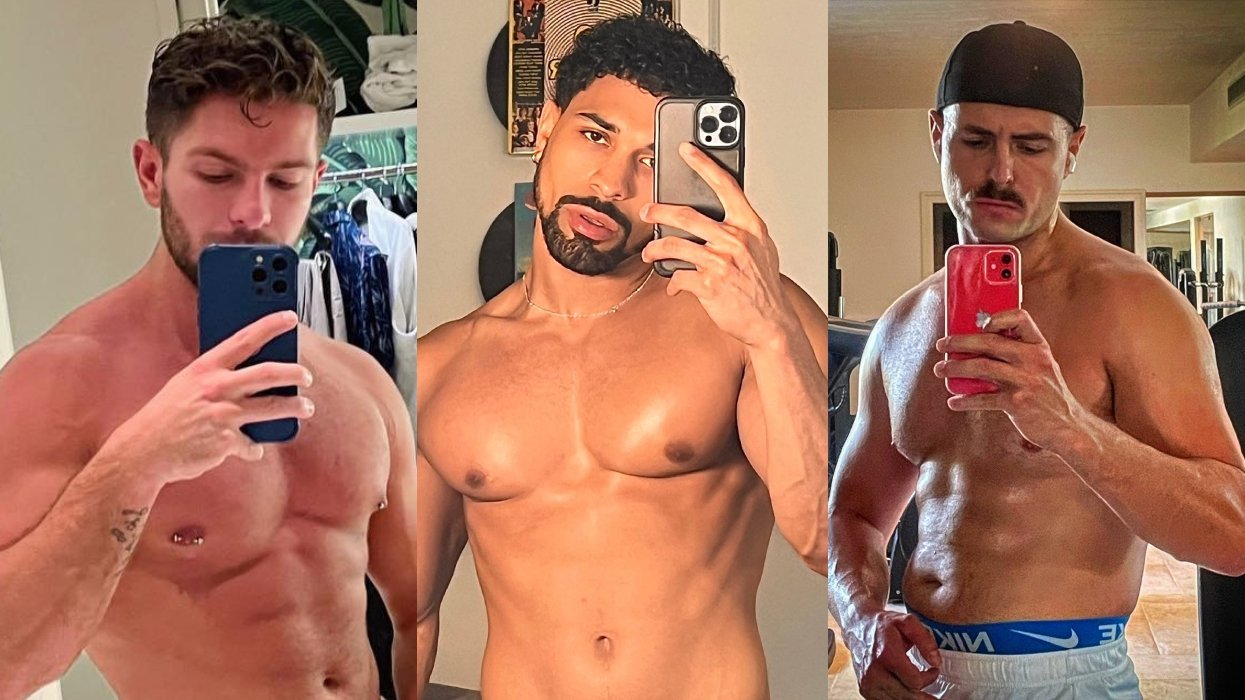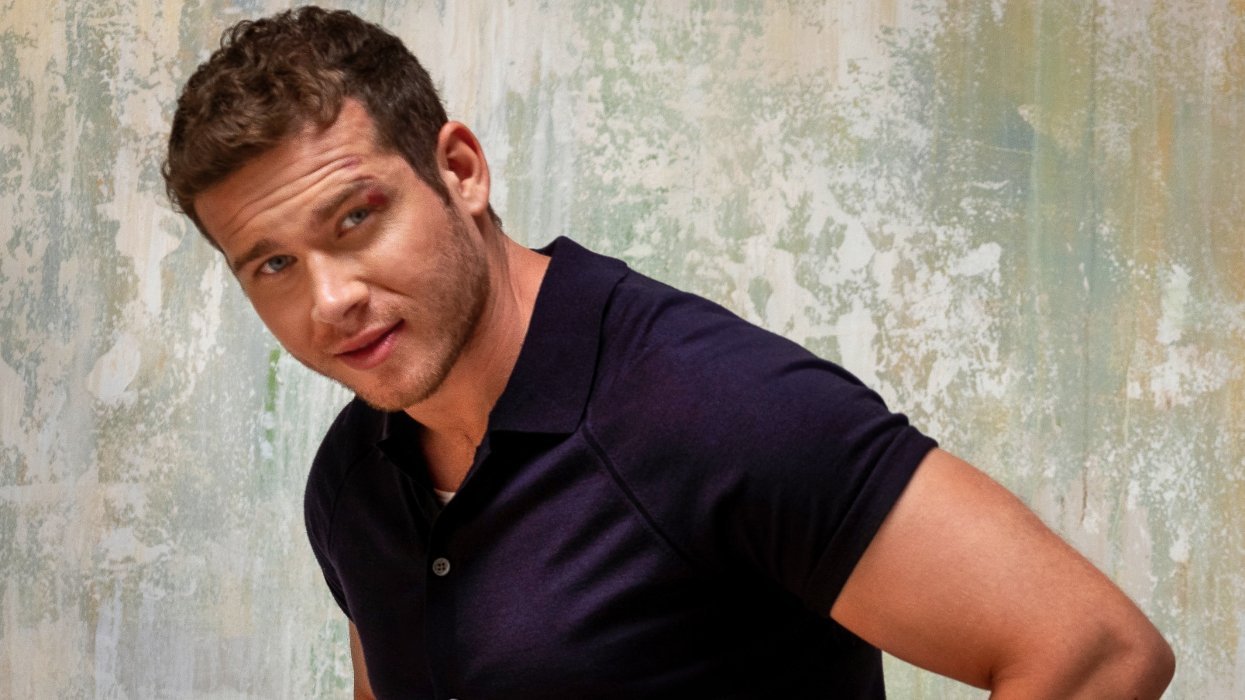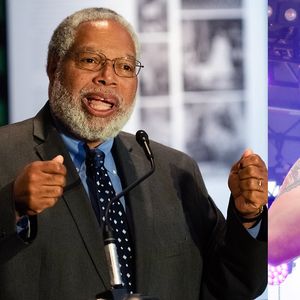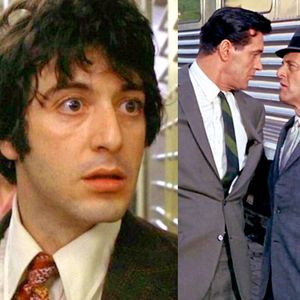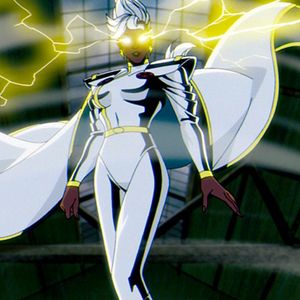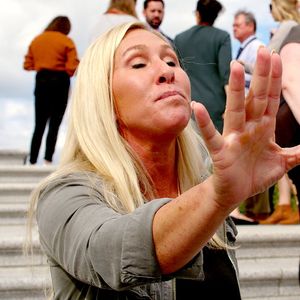For a mother of a certain generation, perhaps one of the first signs her young son might be "different" involved his obsession with Amy Heckerling's Clueless, easily one of the most recognizable cinematic icons of the '90s. And for many gay Gen Y-ers, like myself, the closet that we imagined ourselves in was that of Alicia Silverstone's spoiled-yet-savvy Valley Girl, Cher; it was robotic, talkative, and gave scientific confirmation on which plaid tops clashed with which skirts.
Now, 17 years after their legendary collaboration, Heckerling and Silverstone are teaming up in Vamps, a tongue-in-cheek (-neck?) tale of two lady vampires (Krysten Ritter costars with Silverstone), who, through their immortality, are drowned with nostalgia for decades past and struggle to adapt to modern times. While the vampire genre is now heavily saturated, Heckerling's take on it packs in as many gags as possible (characters drink rats like Capri Suns and jet-set night dwellers travel with rolling coffins), while tackling themes of aging, digital communication, and sacrifice. Silverstone's character, Goody, in particular, became a vampire in the 1840s and struggles to hide her (mental) age amid a constantly evolving landscape of New York City.
We sat down with Heckerling and Silverstone after the New York preview of Vamps at the Brooklyn Academy of Music (it was included in none other than Lena Dunham's Hey, Girlfriend! film series) and chatted about the humanism of monsters, fond memories of '90s past, and why the iPad is decidedly middle-aged.
Alicia, is this the vampire role you imagined for yourself?
Alicia Silverstone: I never imagined being a vampire. I didn't long to be a vampire, but I really should have. I guess I didn't have enough of an imagination. Once they asked for me to be a part of it, I thought, What a fun thing to get to do. I saw Nosferatu and I loved that, and at some point, when my baby was really little and wrapped in a swaddle, he reminded me of Nosferatu. We called him "Baby Nosferatu." I can't imagine a better way to get to play a vampire. I'm just so grateful to Amy's writing. It tricks you.
How so?
AS: It seems light, it seems funny, but there's so much underneath. I think it's the same with Clueless. Although, [Vamps] has heavier themes. But even with Clueless, my character thought that there was really real deep stuff going on in her life. She doesn't think that her stuff isn't important, she thinks it's really important. But in [Vamps], my character is up against so much. It was just a very rich role for me to play. I'm a theater actress in my heart, that's what I love to do. And I felt like this was a great transition. Because sometimes you go from theater to film, and you don't get to do as much--it's so frustrating. It's not as interesting, but this was so interesting and so complicated and layered.
The numerous vampire puns were amazing. I loved all the playful executions of vampire rules in modern times.
AS: That's Amy's brain.
Amy Heckerling: That stuff is the fun stuff.
Did you just sit around rattling off these vampiric idiosyncrasies?
AH: Well, my mind is always sort of in that. Like, How did [vampires] go on trips? In Nosferatu and Dracula, he had a coffin. But if you're going into cargo in modern times, you just gotta have somebody there to get you there, and you've gotta have people on the other end. You've also gotta travel with your soil and pack that away. How do you pack a shitload of it? Those bags on TV would be great.
There's a lot of nostalgia for old New York City in this film. Is that something you both feel inherently?
AH: She watched the whole New York series, the Ric Burns thing.
AS: I happened to have watched it right before you asked me to participate. I was watching it when I was doing [Time Stands Still] in New York.
Great timing!
AS: Perfect timing. So when she asked me, I was like, Oh my God! I've been in this. I loved the Ric Burns series!
AH: So heartbreaking. The footage is amazing, old New York footage. I have a thing about that. Every time there's old New York footage in movies, I would always tape that. So I have these tapes just of old New York.
Do you think New Yorkers, even newer ones, can be nostalgic for a time they haven't lived in?
AS: I don't feel a lot of nostalgia for New York because I didn't grow up here. But I can feel in the Vamps script that Amy loves it. It's like a love letter to New York. She loves New York.
How about the Clueless years? Were the two of you reminiscing in that time?
AS: I did feel--I don't know if it's nostalgia--but I just felt like Amy and I had this experience together. We had this amazing experience happen to us around our work in Clueless. But we both had our own lives, so we didn't live it so much together.
AH: You always go off here, you go off there. I'd always see Alicia in everything. I saw her in the Mamet play...
AS: ...and you came to all my animal things!
AH: Yes!
AS: Every single animal thing I did. We were in each other's lives. It's one of those things that you can't really measure.
AH: I just relate to her so much. I feel like, Yes, I know her. And Alicia also just started out amazing. Like, in the videos, you just go Wow! She does Clueless, she goes off and does all these plays, and, you know, working with Kenneth Branagh and Mamet and all these great directors. And then we start working again and I go, My God! I always thought she was perfect and amazing in Clueless, but she's grown so much.
I think Alicia's Vamps character, Goody, reflects that. But Cher also has many things going for her, too.
AH: Cher is very, very young. But she has emotional intelligence. She's clueless about a lot of stuff, but she gets other things on a real level. It's not like she's read it and knows how to write a great paper on it. But she understands why it's important, so that's better.
Alicia's character in Vamps seems to be overwhelmed by texting, tweeting, and all other forms of modern communication. Why did you decide to incorporate this theme into the film?
AH: Goody sort of feels the loneliness of the way people relate to each other, or don't relate to each other anymore. She misses human interactions. Actually, for a vampire, it really works better. You can be tweeting and IMing inside your coffin. You'll be tired, but, you know, some of these things make your life easier. But Goody is really an old lady. So these new things come faster and faster and faster. First, there was a telephone and that was like, Oh my god, it's amazing, we can call people. There's a movie, you can go out to it and see a movie--it's just like real life, but it's not. And then comes the computer, and then comes the cell phone, and then comes the texting. They're coming so fast now.
Is this how both of you relate to rapidly advancing technology?
AH: My assistant is 30, and I saw that the iPad was coming out. I said, "This is exactly what I want." I don't want to be tied to a computer waiting for email. It's too tiny and annoying on my phone. This is exactly the right weight and size for me to have all the things I need. So I said, "Go on line at the Apple store and get an iPad for you and an iPad for me." He was like, "I don't want one." I was like, "Why not?"
"I like my computer."
I was like, "I'm 20 years older than you, what are you talking about?"
AS: I was against it, too. But then I got one and I loved it. You resist at first, right?
AH: I felt like they were being made for middle-aged people.
AS: Oh really?
AH: You didn't see people out dancing in the commericals. You saw things with a person's feet up, not wearing sexy shoes, but wearing comfortable shoes with their feet up. And the ad said, "You already know how to work it." And I'm like, This is marketed to the middle-aged person.
The vampires in this film are decided humanist. Most don't even eat civilians. Was this your intention all along?
AH: Yeah, of course. I kind of feel for them. All monsters and fantasy characters are symbolic of some sort of situation. For me, when I see the original Wolf Man movie with Lon Chaney, I think, That must be what it feels like to be an alcoholic. You know you're gonna go out and do these bad things. You don't wanna do them. You want someone to hold you down and make you not do them. But off you go, and you do them--and it has nothing to do with who you are. That's so heartbreaking. And for me, vampires--they're the outsiders, they're the people that can't be out during the sunlight hours. And it's sort of a metaphor for Jews, for outsiders, for groups that feel disenfranchised from what everybody else is doing. You're not going out and farming all day. You're doing something else, and everybody suspects you.
